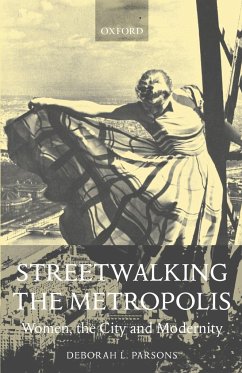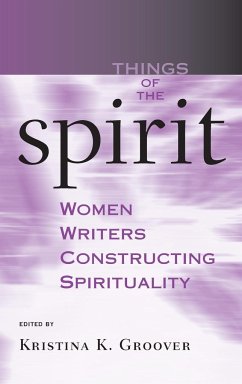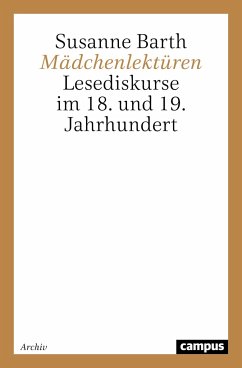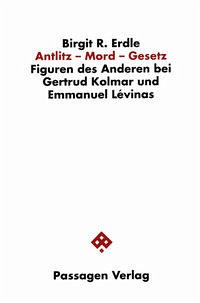Nicht lieferbar

Encyclopedia of Political Communication
Versandkostenfrei!
Nicht lieferbar
Political communication began with the earliest studies of democratic discourse by Aristotle and Plato. However, modern political communication relies on an interdisciplinary base which draws on concepts from communication, political science, journalism, sociology, psychology, history, rhetoric, and others. This two volume resource considers political communication from this broad interdisciplinary perspective, encompassing the many different roles that communication plays in political processes in the United States and around the world. The Encyclopedia of Political Communication discusses th...
Political communication began with the earliest studies of democratic discourse by Aristotle and Plato. However, modern political communication relies on an interdisciplinary base which draws on concepts from communication, political science, journalism, sociology, psychology, history, rhetoric, and others. This two volume resource considers political communication from this broad interdisciplinary perspective, encompassing the many different roles that communication plays in political processes in the United States and around the world. The Encyclopedia of Political Communication discusses the major theoretical approaches to the field, including direct and limited effects theories, agenda-setting theories, sociological theories, framing and priming theories, and other past and present conceptualizations. Considerable attention is devoted to major sources of political communication and to important political messages such as political speeches, televised political advertising, political posters and print advertising, televised political debates, and Internet sites. The audiences for political communications are also central, necessitating concentration on citizen reactions to political messages, how the general public and voters in democratic systems respond to political messages and the effects of all types of media and message types. Key Features - Encompasses several channels of political communication including interpersonal and public communication, radio, television, newspapers, and the World Wide Web, ensuring up-to-date and relevant content for teaching, research and learning - Includes news media coverage and journalistic analysis of politics, political issues, political figures and political institutions to provide a fully rounded view of alternatives perspectives - Considers the role of communication in governing, incorporating communication activities that influence the operation of executive, legislative, and judicial bodies, political parties, interest groups, political action committees and other participants in political processes to enhance understanding of the issues in a wide range of political groups. The Encyclopedia of Political Communication is designed for libraries, undergraduates, and members of the public with an interest in political affairs. Media and political professionals, as well as government officials, lobbyists, and participants in independent political organizations, will find these volumes useful in developing a better understanding of how the media and communication function in political settings. Key Themes " Biographies " Books, Films, Journals, Television " Democracy, Democratization " Education and Non-Profit Organizations " Elections " Government Operations and Institutions " Legal and Regulatory " Media Events " Media Outlets and Programmes " Role of Media in Political Systems " News Media Coverage of Politics, Political Affairs " Theoretical Approaches " Types of Political Media " Political Attitudes " Political Campaigns " Political Events " Political Groups and Organizations " Political Issues " Political Journalism " Theoretical Concepts " Women in Politics












